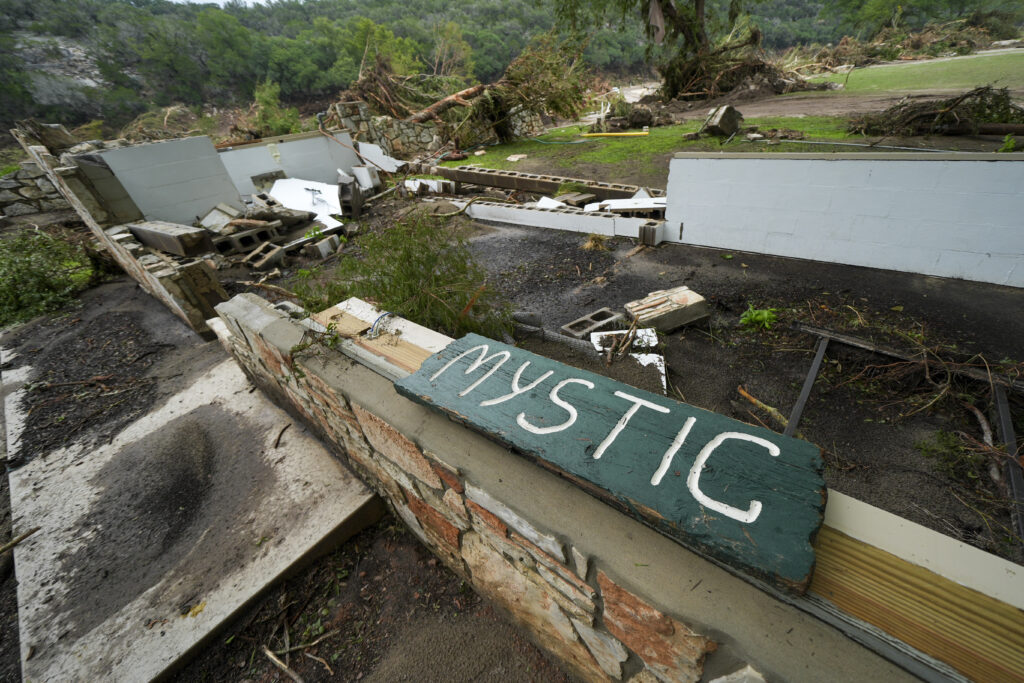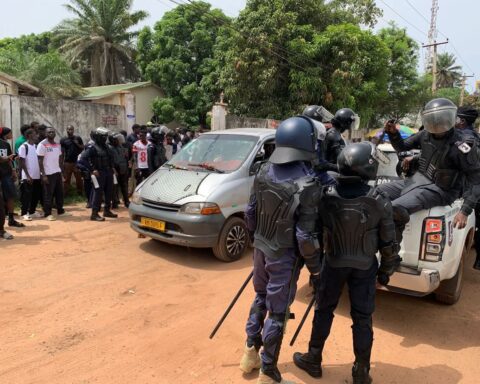By Fatou Dahaba
The National Assembly of The Gambia has adopted a scathing report from the Joint Committee of the Finance and Public Accounts Committee (FPAC) and Public Enterprises Committee (PEC), recommending legal action against individuals implicated in a parliamentary inquiry into alleged corruption, bribery, tax evasion, and money laundering tied to the sale of 36,935.614 metric tonnes of petroleum products valued at $30 million.
The inquiry, sparked by a motion from Hon. Sainey Jawara, Member for Lower Saloum, on July 22, 2024, during the Second Ordinary Session of the 2024 Legislative Year, probed serious allegations of misconduct involving the sale of petroleum products linked to Apogee FZC, a foreign-based company. The motion raised concerns of money laundering, corruption, bribery, and tax evasion, prompting a rigorous investigation by the Joint Committee.
The adopted report paints a troubling picture of systemic failures, highlighting “grave institutional and regulatory lapses, weak enforcement mechanisms, significant breaches of financial and corporate laws, and acts inconsistent with principles of transparency, accountability, and good governance.” According to the report, these infractions have eroded public trust and exposed critical vulnerabilities in corporate regulation, tax administration, financial governance, and petroleum sector operations.
While the inquiry could not conclusively establish allegations of bribery, money laundering, and tax evasion by Apogee FZC, Creed Energy Limited, and Ultimate Beige Logistics, it uncovered pervasive non-compliance with financial, tax, and corporate laws and a troubling disregard for due process by both public institutions and private entities involved in the transactions. The findings highlight systemic weaknesses in institutional oversight and inadequate enforcement of existing laws, posing significant risks to public revenue, financial integrity, and the credibility of national institutions.
Key Recommendations
The Joint Committee’s report outlines robust recommendations to address the identified failures and prevent future malpractices. Among the key directives:
1. Legal Action Against Culprits: The Attorney General is tasked with initiating criminal proceedings against all individuals found culpable in the inquiry. The report emphasizes accountability for those involved in regulatory breaches and governance failures.
2. Centralized Case Management: The Ministry of Interior is directed to establish a centralized case management system to track the progress of all related investigations, ensuring transparency and efficiency in addressing the scandal.
3. Stricter Oversight for Ullage Applications: The report calls for all ullage applications—requests for storage space in petroleum depots—to undergo a competitive review process. Ministry officials found complicit in supporting exclusivity deals face administrative disciplinary measures.
4. Cabinet Scrutiny for Fiscal Policies: The Ministry of Finance and Economic Affairs (MoFEA) is instructed to ensure that all policies with fiscal or economic implications receive Cabinet scrutiny. Failure to adhere to this process will trigger disciplinary action by the Public Service Commission.
5. Petroleum Commission Reforms: The Petroleum Commission must conduct quarterly reviews of licensing, ullage allocations, duty waivers, and market behavior, with findings submitted to the Ministry of Petroleum. A special inquiry, undertaken jointly with the Public Utilities Regulatory Authority (PURA), will investigate the basis for exclusive ullage privileges granted to Apogee FZC. Public officials or depot executives found to have facilitated these arrangements without Cabinet approval will face personal liability for abuse of office.
6. Regulatory Conditions for Depots: PURA is tasked with implementing a regulatory condition requiring petroleum depots to vet international traders using a minimum due diligence checklist. This checklist must include proof of incorporation in a reputable jurisdiction, details of local representatives, submission of customs and trade documents, and a binding storage agreement filed with PURA for review.
7. Central Bank Investigation: The Central Bank of The Gambia (CBG) is directed to launch internal and criminal investigations into potential collusion and regulatory breaches by Access Bank officials. Confirmed complicity will lead to prosecutions under anti-money laundering and financial crime statutes.
8. Legislative Reforms: The report recommends amending the Petroleum Act to prohibit exclusive ullage allocations to unlicensed or foreign-based traders, aiming to close loopholes that enabled the current scandal.
Systemic Weaknesses Exposed
The inquiry revealed deep-rooted issues in The Gambia’s petroleum sector, including collusion—whether by omission or commission—that has undermined public revenue and institutional credibility. The report highlights the urgent need for comprehensive institutional reforms, stricter enforcement of regulatory frameworks, and improved inter-agency coordination to protect the public interest.
“The matters under investigation have exposed critical vulnerabilities in our systems of oversight,” the report states. “These infractions have not only undermined public trust but also highlighted the need for stronger mechanisms to prevent recurrence.”
A Call for Reform
The Joint Committee hoped that the National Assembly’s adoption of the report would catalyze systemic change. “It is the earnest expectation of the Joint Committee that the findings and recommendations contained herein will be accorded due consideration by this august Assembly, not merely as a response to the issues at hand but as an impetus for strengthening institutional integrity, reinforcing regulatory compliance, and safeguarding the public interest against future infractions,” the report concludes.
The report’s adoption marks a significant step toward addressing governance failures in The Gambia’s petroleum sector. As the recommended investigations and reforms progress, the public awaits concrete actions to restore trust and ensure accountability for those implicated in the $30 million oil saga.
The post Gambia’s $30M Russian Oil Scandal: National Assembly Demands Legal Action Against Culprits appeared first on The Alkamba Times.






